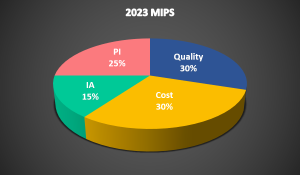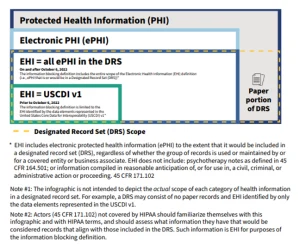The DHIT team made the trip to Atlanta last weekend for FHIR Connectathon 10. As the
Connectathon series moves into double digits, there is a sense of building
momentum in the project. The knowledge base for this diverse group of
participants continues to grow with each event.
Connectathon series moves into double digits, there is a sense of building
momentum in the project. The knowledge base for this diverse group of
participants continues to grow with each event.
A quick review: FHIR is
a set of clinical interoperability resources based on common web standards,
including XML and JSON, with a RESTful protocol in which each FHIR resource has
knowable URL. FHIR aims to provide the tools necessary for interoperability
with enough flexibility to adapt to a wide variety of use cases.
Connectathon
10 took place October 3-4 and featured 6 themes (or tracks) around which real-world scenarios
were built for participants to implement against a FHIR server:
10 took place October 3-4 and featured 6 themes (or tracks) around which real-world scenarios
were built for participants to implement against a FHIR server:
- Basic patient
management - Terminology
Services - Financial
Resources - EHR record
lifecycle architecture - Structured
Data Capture - Scheduling
The tracking allowed participants to collaborate more easily by identifying
finding complementary skills and experience. DHIT’s involvement centered on
themes 1, 2, 4 and 6.
Theme 1, which deals with basic patient
search and management, is designed for those new to FHIR. Theme 2
involves terminology services and is slightly more advanced, consisting of
searching value sets, validating codes against a value set such as LOINC,
SNOMED CT, or a FHIR value set. Theme 4 is EHR record lifecycle
architecture. This theme is dedicated to auditing lifecycle events such as
Patient Create or Update, Appointment Create, etc. Theme 6 concerns the
scheduling of appointments using the FHIR protocol: available “slots” can be
created for appointments to fill.
search and management, is designed for those new to FHIR. Theme 2
involves terminology services and is slightly more advanced, consisting of
searching value sets, validating codes against a value set such as LOINC,
SNOMED CT, or a FHIR value set. Theme 4 is EHR record lifecycle
architecture. This theme is dedicated to auditing lifecycle events such as
Patient Create or Update, Appointment Create, etc. Theme 6 concerns the
scheduling of appointments using the FHIR protocol: available “slots” can be
created for appointments to fill.
The DHIT
team’s overarching goal during the Connectathon was to make Clinical Quality
Measures (CQMs) work with FHIR. We laid the groundwork for CQM calculation by
matching the HL7 Health Quality Measures Format
(HQMF) templates to
FHIR resources. The FHIR server was then used to populate patient demographics
data, encounters and procedures.
team’s overarching goal during the Connectathon was to make Clinical Quality
Measures (CQMs) work with FHIR. We laid the groundwork for CQM calculation by
matching the HL7 Health Quality Measures Format
(HQMF) templates to
FHIR resources. The FHIR server was then used to populate patient demographics
data, encounters and procedures.
In our CQMsolution software, we created a quality measure report using a patient
search against the FHIR server to grab the necessary patient data. To retrieve
the necessary codes used by the measures, we performed a validation before
measure calculation for sections retrieved on each patient. After code
validation passed, the calculation was completed and the results were displayed
on screen.
 |
| The FHIR mantra: button spotted at Connectathon 10 in Atlanta, GA |
One of the
primary benefits – and most enjoyable aspects – of a FHIR Connectathon is the
opportunity for vendors to meet and test out connections among themselves. Each
new touchpoint is an opportunity to break new ground in interoperability. The
Connectathon environment creates a multiplier effect as these connections take
place, through the testing of code and sharing of ideas.
DHIT has the
chance to team up with several groups, including collaboration on patient
search with Cerner and appointments with Mirth. We also had the chance to meet
and discuss future development goals with leading ‘FHIR Chiefs’ Graham Grieve,
David Haye and Ewout Kramer. Our discussion focused on the evolution of FHIR
servers to facilitate efficient CQM calculation.
chance to team up with several groups, including collaboration on patient
search with Cerner and appointments with Mirth. We also had the chance to meet
and discuss future development goals with leading ‘FHIR Chiefs’ Graham Grieve,
David Haye and Ewout Kramer. Our discussion focused on the evolution of FHIR
servers to facilitate efficient CQM calculation.
By providing
this chance to share ideas with FHIR leadership and solve problems
collaboratively with other implementers, FHIR Connectathons capture the spirit
of interoperability as well as any event today.
We look
forward to expanding the role of FHIR in our product development.
this chance to share ideas with FHIR leadership and solve problems
collaboratively with other implementers, FHIR Connectathons capture the spirit
of interoperability as well as any event today.
We look
forward to expanding the role of FHIR in our product development.



